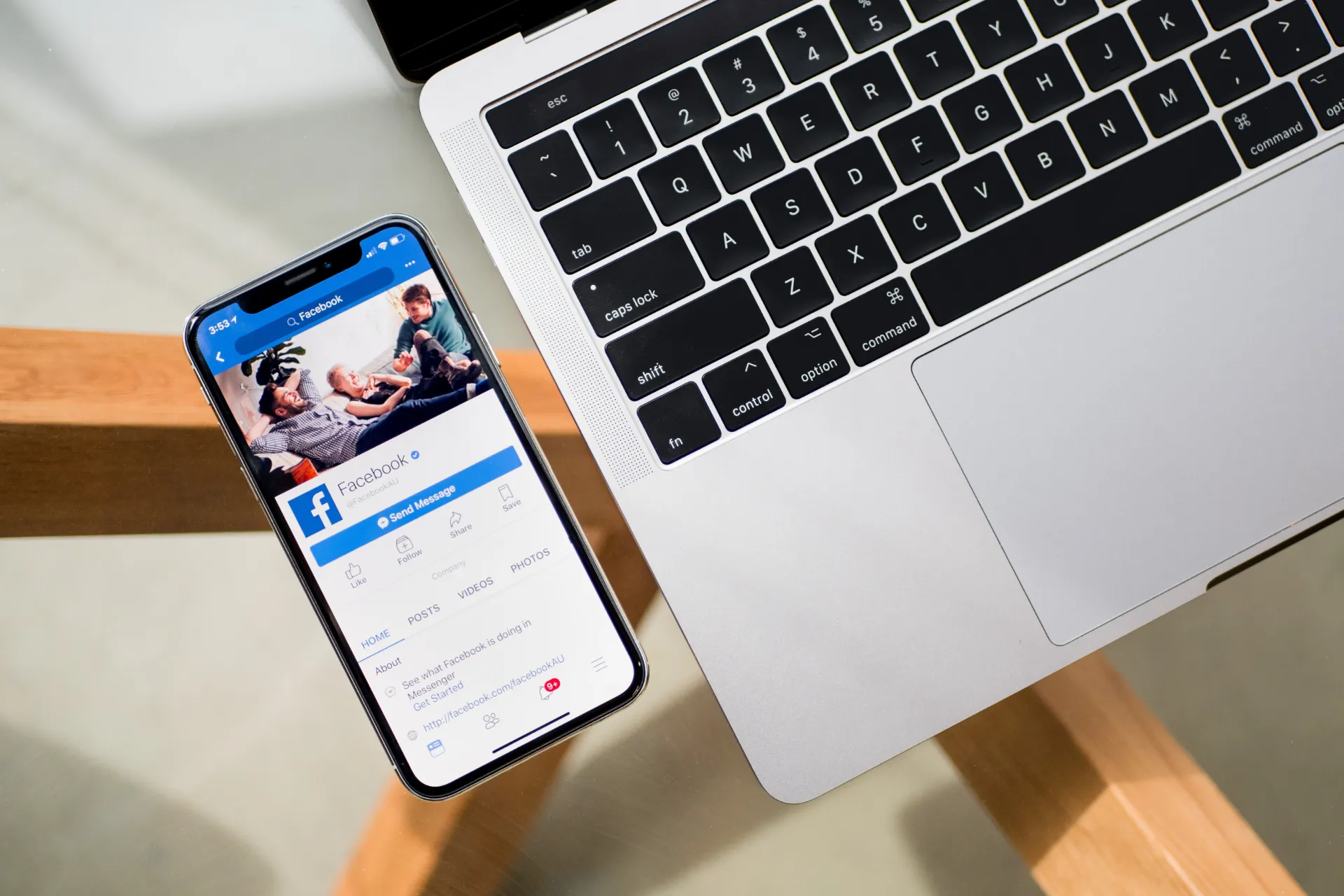Every website owner must understand that search engine optimisation is a collection of techniques and actions designed to rank a website higher in the search engine results. While a lot of this occurs on the website itself, off-page SEO should not be ignored if you want to succeed.
The idea of taking control of what happens away from your site may cause confusion at first. How can you make other people link to your site or mention it to friends and family? The most effective off-page SEO helps you do exactly that because of your online actions designed to boost your brand.
What is off-page SEO?
The fundamental goals of off-page search engine optimisation are creating recognition, awareness, and trust for your brand or business. This is primarily focused on the people who you want to hire you to perform a service or buy one of your products. If you do that correctly, the search engines will rank your site higher automatically.
Why? Google’s dynamic algorithm, which is the gold standard by which most modern search engines function, rewards websites that are full of quality content, on-topic, seen as a source of value, and popular. The more mentions and quality links back your site gets, the higher it should rank.
How much control does a website owner have?
The most sought after type of SEO is purely organic or holistic. You build an excellent website with great content, and people eagerly visit, link to it, and recommend it to their friends and followers. While this seems great in theory, leaving your success to chance is not a wise business decision.
Instead, adopting the best practices for off-page SEO puts your future in your own hands. You build a strong platform that supports your brand, create and encourage backlinks, and do everything in your power to make potential customers and clients happy with what you provide on your website.
Three ways to build positive off-page SEO
Your off-page efforts require as much attention as on-page ones. If you do not have a plan of attack for getting your brand out there and noticed, chances are it will not be. The following three methods encompass a comprehensive overview of search engine optimisation done elsewhere on the Internet other than on your web pages themselves.
Creating Quality Backlinks
People follow links to your website. Other than searching for a particular keyword phrase and finding your site that way, the only way for them to find it is if they come across a backlink somewhere else. While these can be organically created by people who enjoy your content, it makes sense to take the initiative to build as many as possible yourself.
This absolutely does not mean spamming your links all over the place with no regard for the quality of the site you put it on or who might see it. It is important to note that quantity of links is not high in the list of Google’s SERPs algorithm anymore. It makes sense that a link to your website would be much more valuable on an authoritative page rather than a low-value link farm somewhere in the depths of the forgotten web.
So, how do you go about getting these back links?
- Identify your target audience and get to know them well.
- Create valuable textual, graphic, or video content with appropriate keywords.
- Learn where your target audience hangs out online and which are the most popular sites.
- Arrange for your content to be posted on or linked to there.
What should you avoid when building your back link collection?
- Never spam your link anywhere off-topic or not interested.
- Do not arrange guest post swaps with poorly related websites.
- Avoid using one piece of content on multiple external sites.
- Do not make all of your links attached to your home page.
- Never buy massive collections of random links you cannot track.
Link building and content marketing go hand-in-hand when you are trying to build your brand into a recognised authority. Both activities closely relate to your overall efforts at building an extensive and professional online platform.
Building Your Platform
The first thing to figure out is what an online platform is. Essentially, your platform is the entire collection of places online that your brand is represented. This includes your website, social media pages, directory listings, and more. It may seem obvious that link building as described above is a large part of building a positive platform. It is not the only part, however.
Google and other major search engines look at social media pages and use all the data collected about your name or brand to determine where you should rank in the results pages. This includes every major social media sites like Facebook, Twitter, Pinterest, Instagram, and many others. Ideally, you should prioritise the use of the ones your intended audience prefers.
Other parts of off-page SEO associated with a reputable online platform include such things as those guest posts mentioned above, global and local business directory listings, and even things like forums and message boards.
Customer Service
Although it has very little to do with keywords, proper code, or regularly scheduled social media posts, top-quality customer service is essential for boosting both the reputation of your website and its positioning in the search engine results pages. For this article, customer service means all of the interactions you have with anyone who comes across and comments on your brand identity or website. If you want these people to become customers or clients, you need to take care of them properly and always deliver value in order to build trust.
People are more likely to post about, review, or link back to a company or group they had a positive interaction with. Set up Google alerts to track any mentions of your brand and respond to them. Answer questions, add information, and present yourself as an authority on whatever niche or industry you represent instead of just a marketer.
This is not just about brand or platform building, it is also about community building. These are the people who will organically assist with your off-site SEO efforts through that wonderful thing called word-of-mouth advertising.
Local SEO strategies for brick-and-mortar businesses
For people with real-world companies that have a physical office, workshop, restaurant, or store locations, off-page SEO has another dimension. Although there are national or global business directories online, location-specific ones provide a very real boost to rankings when handled correctly.
Currently, Google likes geographically-focused keyword phrases. For example, you may rank higher with “small truck accessories in Leeds” rather than just “small truck accessories.” The directed search engine optimisation you should do to ensure this includes putting your business name, address, contact information, and company description on all of the most popular directories and review sites online.
Off-site SEO pays off
SEO covers a broad range of both on and off-site practices. Although it may be simpler to tweak keywords or write another blog post, the actions you take on other people’s sites, in social media, and directories affect how high your pages will place on Google and other search engines. The combination of your efforts all across the Internet creates a holistic approach to search engine optimisation that leads to greater levels of success than if you focus on just one aspect.



